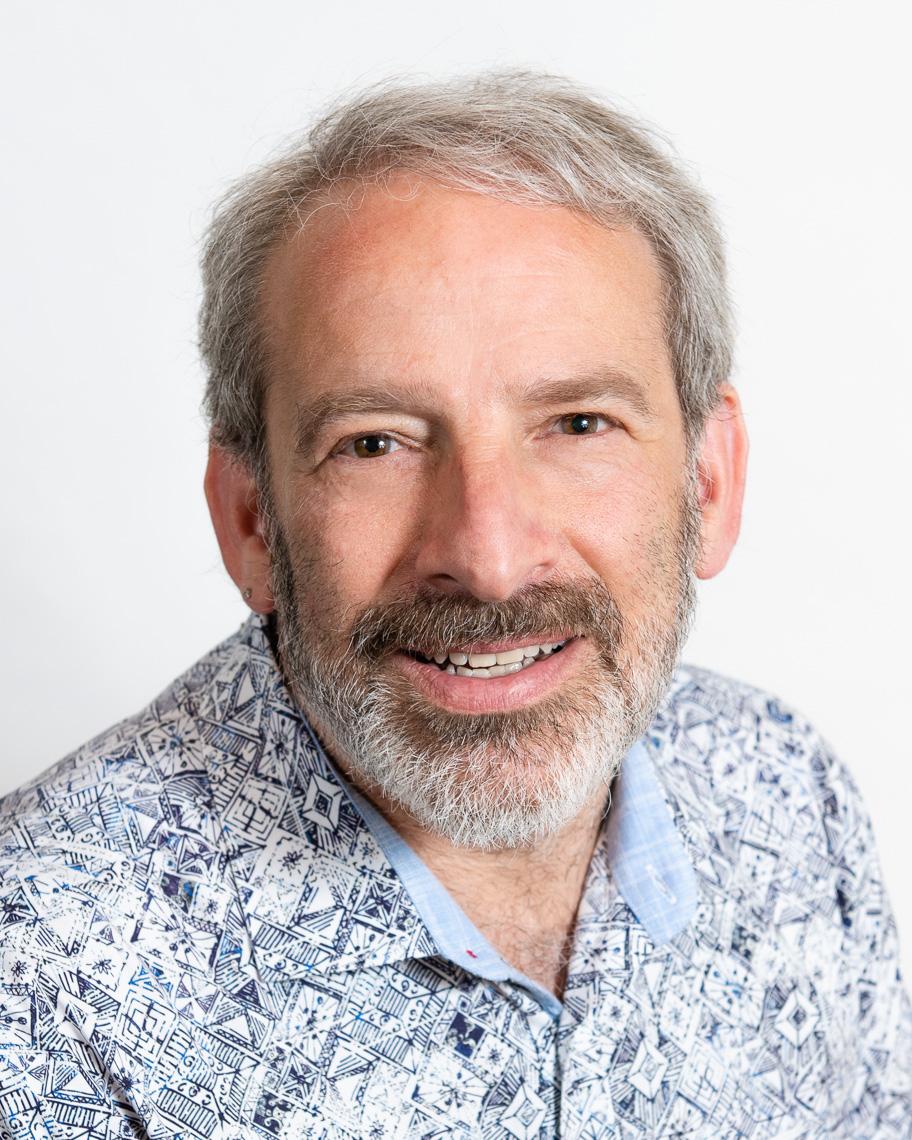
Ron Cohen has recently been appointed the executive associate dean at UC Berkeley’s Division of Computing, Data Science, and Society (CDSS).
A distinguished professor in the Departments of Chemistry and Earth and Planetary Science, Cohen joins CDSS after completing two years of service with the Berkeley Division of the Academic Senate in August, first as vice chair and then chair.
Cohen was involved in the evolving landscape of data science research and education at Berkeley from its origins, serving on a number of committees and advisory groups that contributed to the creation of CDSS. In 2015, a faculty advisory board recommended the university develop a division on data sciences, which Berkeley officially launched in 2018. A proposal for CDSS to become a college is currently under review at the UC Office of the President and will then require consideration by the UC Regents.
“Berkeley was already ground zero for creating this new discipline of data science,” Cohen said. “Many top data science scholars in the world are here, and many of them started this discipline. We are looking to cement our leadership and make sure that scholars and students creating what this science becomes will choose Berkeley as their home.”
Cohen is working closely with CDSS Associate Provost Jennifer Chayes, associate deans, faculty and staff on projects to ensure a smooth transition to operation as a college, including steps toward transitioning undergraduate majors within a new college and expanding the scope and breadth of faculty involvement through new initiatives.
“It’s important for CDSS to integrate with the rest of campus and continue extensive engagement across the many disciplines that intersect with computing and data science,” he said. “Part of our task is to shepherd relevant conversations so that when the Regents approve the proposal, we can quickly move on establishing and structuring the college.”
In his own research on atmospheric chemistry and climate, Cohen’s graduate students have advocated for greater inclusion of data science. “About four years ago, my graduate students took a Data 100 course and came back to our research group excited about data science, encouraging other students to take the course,” he said. “It’s now an essential part of training in our group.”
Cohen noted that his research group is hardly alone: faculty and students across UC Berkeley and around the world have flocked to data science, seeing new opportunities to use and analyze large data sets with recent developments in machine learning.
In terms of anticipated challenges, Cohen expects planning for and realizing the “society” part of the CDSS vision will be the hardest component.
“When we get this right, the interdisciplinary connections and collaborations between CDSS and faculty, students, staff, and partners across campus and beyond will enable computing and data science to better serve UC Berkeley, research and education communities, users and practitioners of science and technology, decision-makers, and the broader society,” he said.
